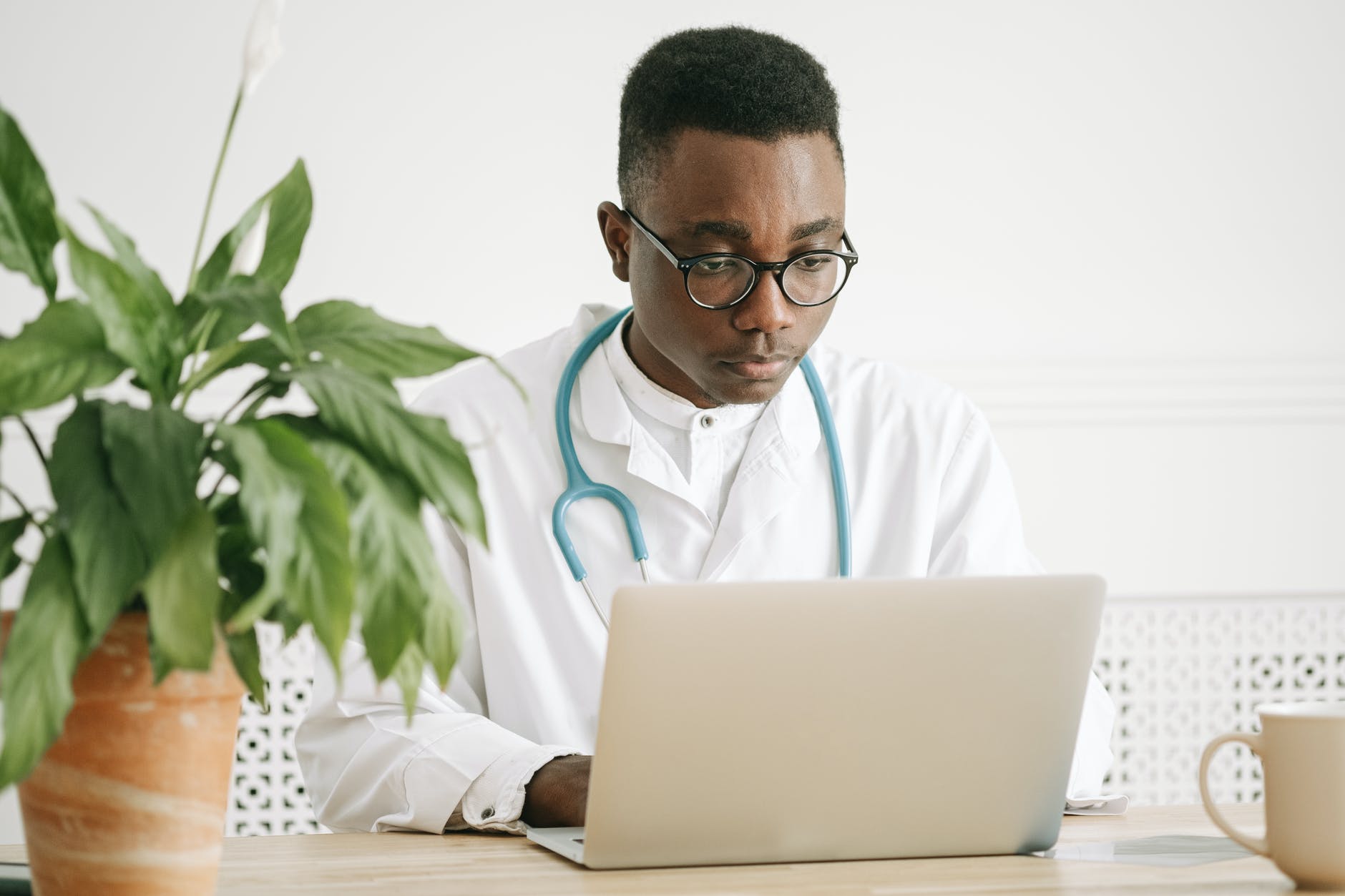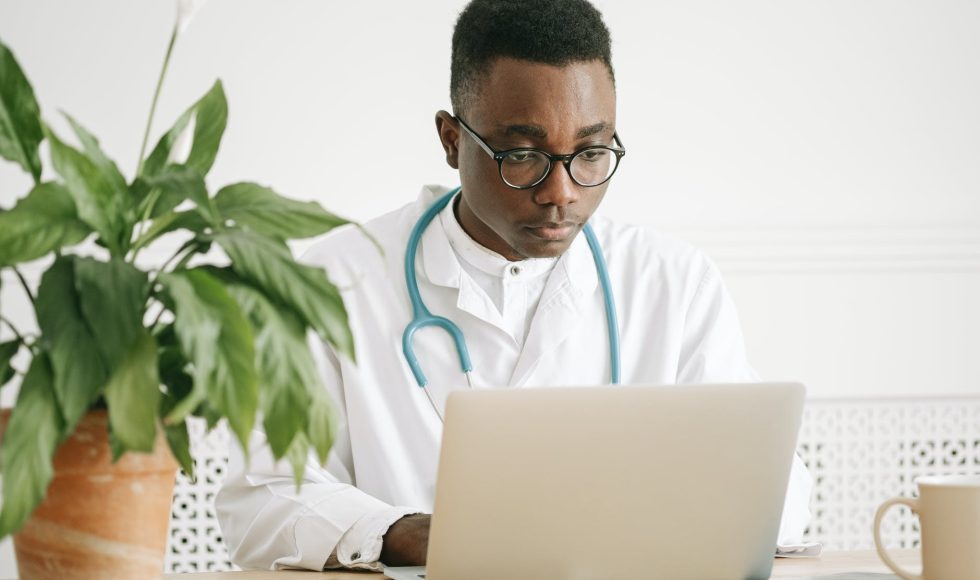The Open Ed 2021 panel entitled “Youth Involvement in Advocating for Open: Medical Students and Beyond” had several members of the International Federation of Medical Students’ Associations. Madalina Elena Mandache, Kevin Alvaro Handoko, and Hanseul Cho presented. Cho talked about a research exchange program conducted by medical students to promote open science. They drafted student-led activities discussing medical research principles, gender and sexual rights, gender identity, and human health. These are peer-to-peer activities. They have done activities to raise awareness of open science and medicine and to encourage future practitioners and teachers to think about open. Handoko explained their path to learning more about open science. They have held peer-to-peer training sessions to help students advocate for open education and science in medical education. Mandache moderated the session and asked the panelists what the barriers are to promoting open science in medical education. Handoko mentioned access is the biggest barrier and accessibility can be addressed through educating youth by making toolkits to help more people understand. Cho explained that medical students need resources, and textbooks are not always easy to access. After conducting a survey with the IFMSA, they identified gaps in medical education that can be addressed through open resources. Cho also emphasizes the expenses of medical textbook purchases. The group discussed several ways the IFMSA is encouraging the exchange of ideas and open science. Open access and reproducible research in the context of medical research were mentioned as priority areas to advocate for and inform others about. It was interesting to hear what the group shared about open education in medical education and what this group of medical students and federation are going. Their advocacy activities support both medical research and education. Their challenges are similar to those in higher education. Handoko ended by stressing the difference between saying and doing open education and open science. This is something that concerns me too, as we often talk and still have limited impact. What else can be done?



